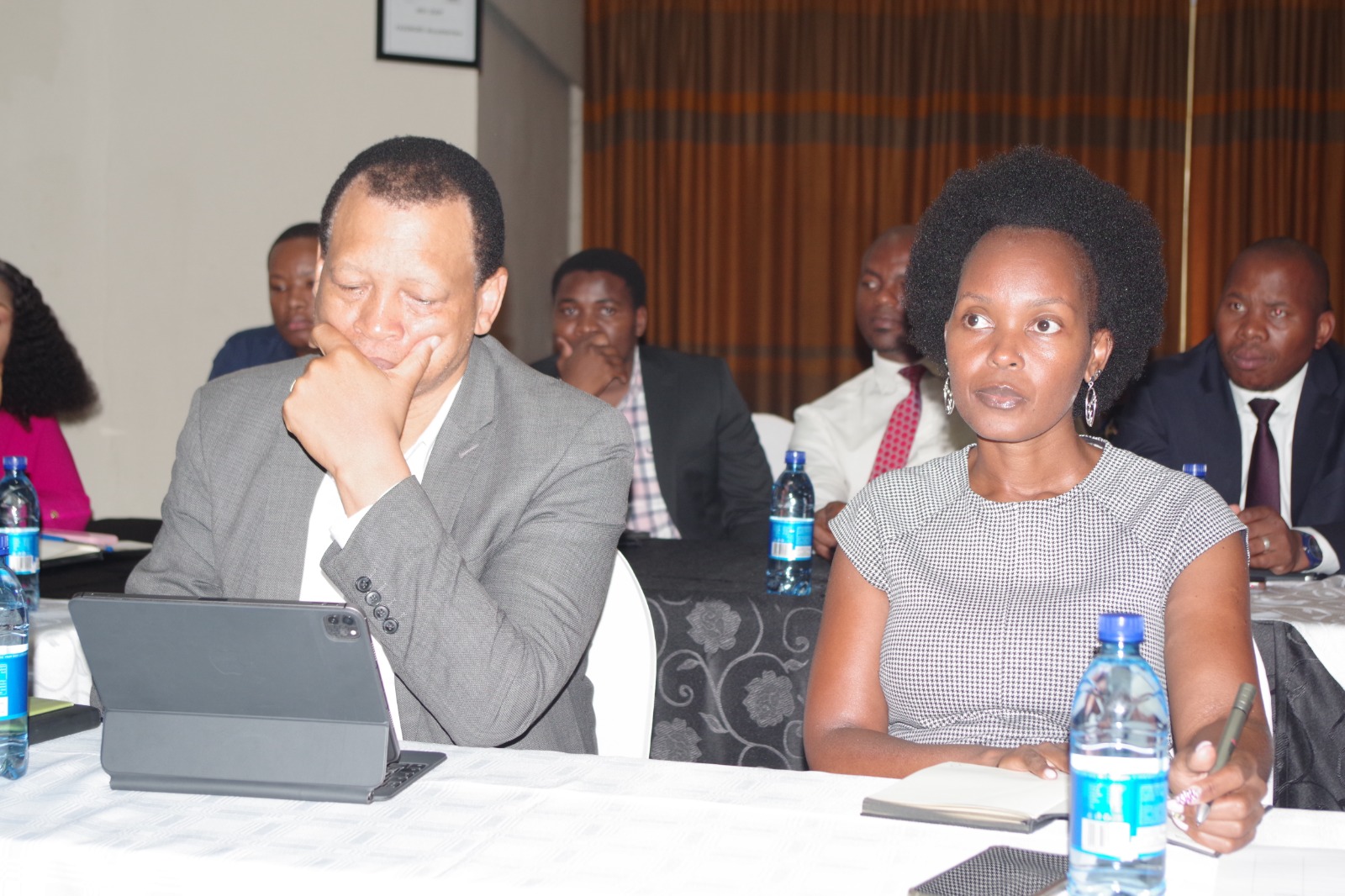By Bahle Gama
Social media is abuzz as emaSwati continue to react with frustration and concern following the approval of a 14.1 per cent electricity tariff hike by the Eswatini Energy Regulatory Authority (ESERA).
This will see domestic consumers getting 38 units for E100, from the current 43 units.
The increase, which is to be effected in April 2025 by the Eswatini Electricity Company (EEC), has sparked heated debates on the affordability of basic services in the country.
RELATED: ESERA approves 14.1% electricity hike
The tariff adjustment was announced by ESERA on Monday money, and it comes at a time when many households and businesses are already struggling with the rising cost of living.
Many have expressed how inflation continues to be a pressing issue, with essential goods and services becoming increasingly expensive, further straining the financial well-being of ordinary citizens.
Different stakeholders, including consumer rights groups, business owners, and social commentators, have voiced their discontent over the increase, questioning how emaSwati will cope with yet another financial burden.
Many argue that the hike will negatively impact low-income households, who are already struggling to make ends meet.
“This is yet another blow to struggling families. Electricity is not a luxury; it’s a necessity. How does the government expect people to survive?” one social media user lamented.

Others questioned how households will survive with stagnant salaries.
“Kuphileka kanjani uma ngabe imiholo imile, kepha tonkhe tintfo tiyakhula including kudla nemanti, nyalo sengu gesi,” posted another.
Others felt that now is the time for people to invest in solar energy, whilst others felt it necessary to going back to the ‘stone age’ and fetching firewood to cook, amongst other things.
Small business owners have also taken to social media and raised concerns, noting that the increased costs will have a knock-on effect on operational expenses, which could ultimately lead to higher prices for consumers.
According to ESERA, the 14.1 per cent increase was necessary to ensure the sustainability of electricity supply in the country.
RELATED: ESERA records E49.23 million income
The regulatory body cited rising operational costs, maintenance of infrastructure, and the need for continued investment in the energy sector as reasons for approving the hike.
However, critics argue that the increase was implemented without adequate public consultation and will disproportionately affect low-income earners.
The electricity tariff hike comes amid a broader economic crisis where emaSwati are facing soaring food prices, high fuel costs, and stagnant wages.
Many argue that without government intervention or relief measures, the rising cost of living will continue to push more citizens into financial hardship.
Consumer advocacy groups like the Eswatini Consumer’s Forum are now calling on policymakers to reconsider the hike or introduce subsidies for vulnerable households.
As many emaSwati continue to ‘vent’ on social media and public frustration grows, the question remains: How will ordinary emaSwati survive these harsh economic conditions while the cost of essential services continues to rise?


